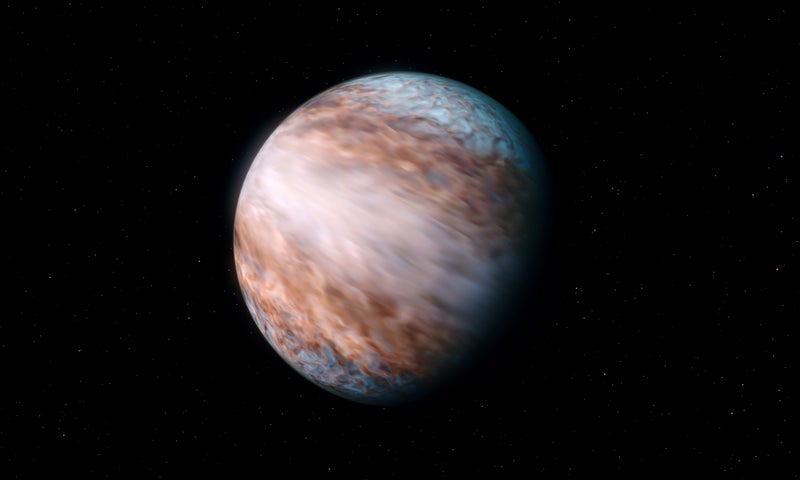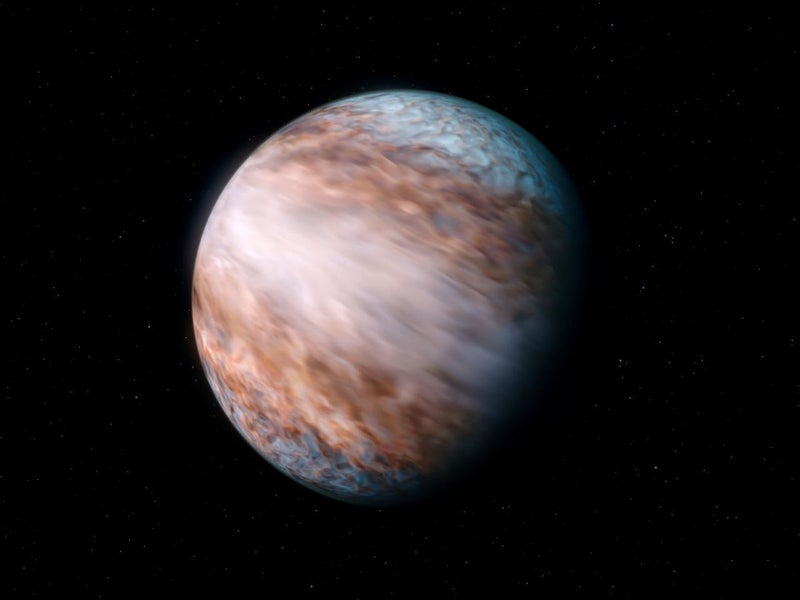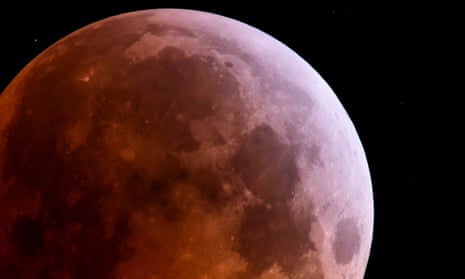Nearby alien planet with ‘weather patterns like Earth’ hides deadly secret that would obliterate anything landing there
Share:
AN ALIEN planet with traces of water and "complex weather patterns like Earth" might be seen like a good contender for a Planet B. But it would be impossible for us humans to survive there. Planet WASP-127b is home to extremely powerful, supersonic winds - which scientists have said is the fastest jetstream in the known universe in a new study.
![[Illustration of exoplanet WASP-127b orbiting its star.]](https://www.thesun.co.uk/wp-content/uploads/2025/01/NINTCHDBPICT000966014640.jpg?strip=all&w=650)
Instead of heading to the equator for a good tan, astro-tourists would be met with nearly 33,000km/h winds. The recent discovery was made using the European Southern Observatory’s Very Large Telescope (ESO’s VLT) in Chile, which is designed to provide weather insights on distant worlds.
![[The Very Large Telescope (VLT) at the Paranal Observatory in Chile at sunset.]](https://www.thesun.co.uk/wp-content/uploads/2025/01/paranal-la-silla-chajnantor-currently-853492591.jpg?strip=all&w=960)
“Part of the atmosphere of this planet is moving towards us at a high velocity while another part is moving away from us at the same speed,” said Lisa Nortmann, a scientist at the University of Göttingen, Germany, and lead author of the study. “This signal shows us that there is a very fast, supersonic, jet wind around the planet’s equator.”.
![[Illustration of WASP-127b, a gas planet with supersonic jet winds.]](https://www.thesun.co.uk/wp-content/uploads/2025/01/fastest-jetstream-kind-ever-measured-966014464_ccfa5e.jpg?strip=all&w=960)
These violent gales move at nearly six times the speed at which the planet rotates - a characteristic that has never been seen before, according to Nortmann. Neptune has the fastest wind in our Solar System - but the speeds are just a fraction of the tempests that rage on WASP-127b, moving at 1800km/h.





















